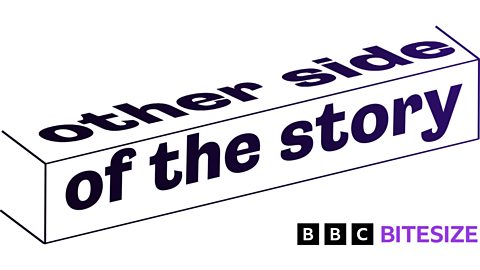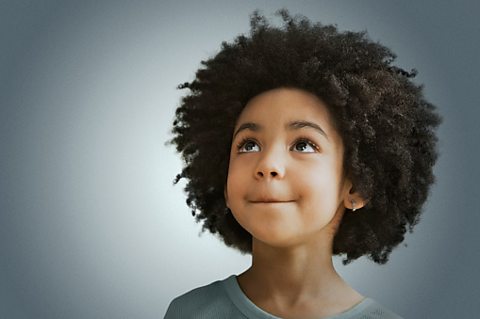
There are hundreds of thousands of social media posts discussing afro hair, with over four million posts using the hashtag #afrohair on Instagram alone.
With such a high volume of content, it is almost inevitable that some of the information shared may not be accurate.
We take a look at some of the most common myths and misinformation about afro hair that are spread online.

Myth 1: Afro hair is unprofessional.
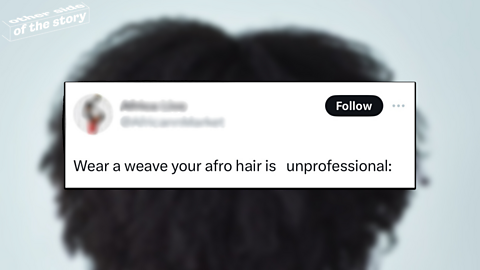
Afro hair is incredibly versatile and can be styled so it looks great in the work environment, just like any other hair type. The belief that afro hair is unprofessional in the workplace is rooted in biased beauty standards that favour Eurocentric hairstyles.
A 2023 Workplace Hair Acceptance Report by World Afro Day found that 84% of respondents considered straight hair on women appropriate in all circumstances, while 64% felt that an Afrocentric hairstyle, such as braids with buns, was acceptable.
“It's nonsense,” says Michelle De Leon, founder of World Afro Day. “Strands of hair don't determine professionalism and no one is born professional because they have straight hair. Your skills and attitude make you professional, not your hair!"
Myth 2: Afro hair is difficult to manage.
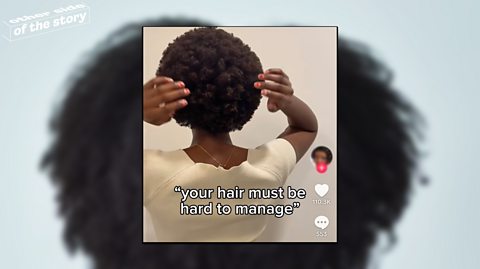
Alongside “unprofessional”, Michelle says this is another prevalent myth surrounding afro hair.
“Natural afro hair can take longer to wash than other straighter hair types but it can also do way more things so there are many benefits. It is more about having a positive perspective.”
Like all hair types, afro hair has unique characteristics. With proper care and products, it can be managed as easily as other hair types.
Myth 3: Afro hair doesn’t grow as long.
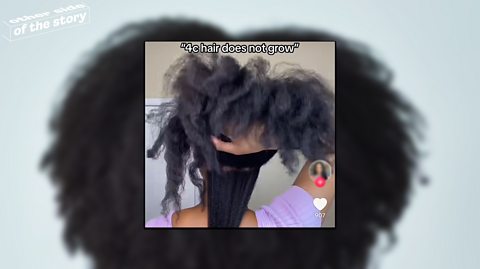
Afro hair can grow long like other types of hair however, its curly texture can make it appear shorter, contributing to the misconception.
Research has also shown that afro-textured hair grows more slowly than Caucasian hair.
Understanding this can help clarify how afro hair growth is perceived versus its actual growth rate.
Being aware of these myths and facts is crucial in challenging the negative stereotypes surrounding afro hair.
Legal protections and workplace discrimination
In the UK, the Equality Act 2010 protects against discrimination based on race, ethnicity, or religion, which includes natural afro hairstyles. Schools and workplaces are required to ensure their policies do not discriminate against afro hair.
But Michelle believes this doesn’t go far enough and is calling for a change to the Equality Act to protect Afro hair.
She added: "We simply do not have the right laws in the UK to stop generations of afro hair discrimination from continuing. I hope that Britain can lead the world in doing what is right, so that people of African descent can live as free as anyone else.”

Not sure if the news you’re seeing on social media is true or false? Can you always tell if the things you see online are real or fake? Learn how to get the other side of the story with our quizzes, videos and explainers.


